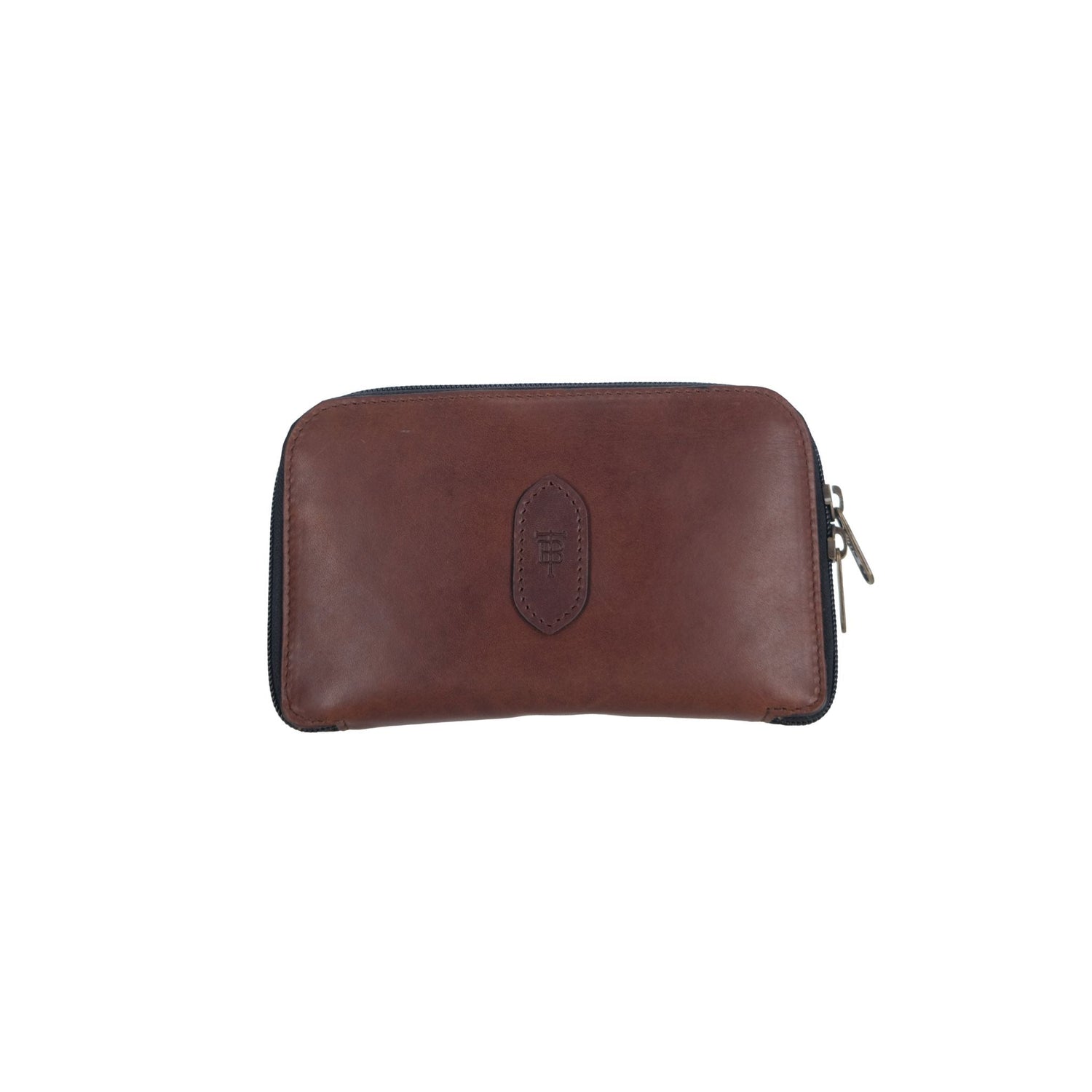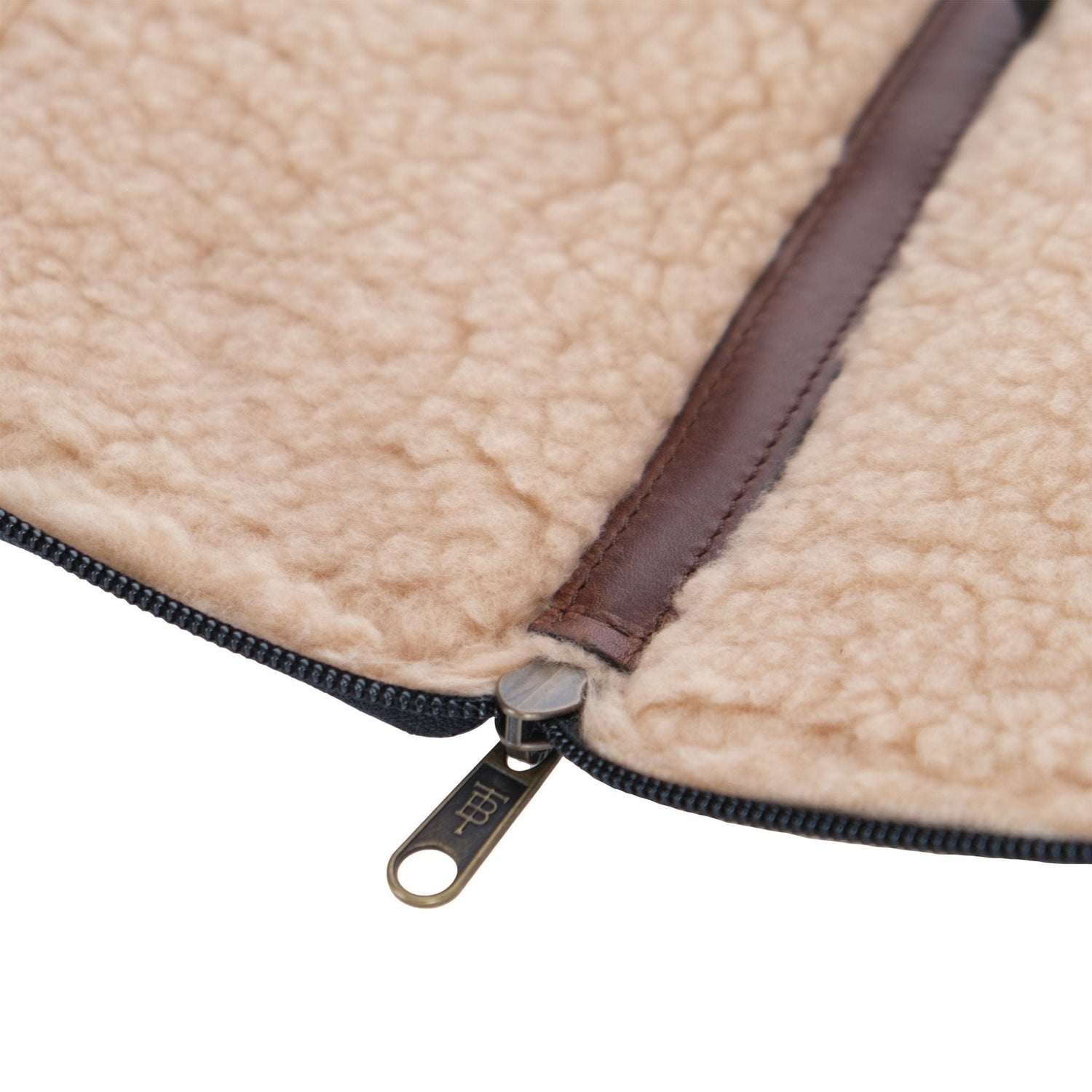Every year, residents of Alabama and Florida’s Gulf Coast warily observe the final migration of the season, one bringing hundreds of thousands of exhausted parents with children carrying plastic beach toys. I have participated in this migration since my children were young. I’m not proud of it—as a rule, I prefer to go in the opposite direction of everyone else. Still, the pull of warm weather and sunshine speaks to my soul after a dreary Michigan winter and each April we join the caravan of road-salted and Big 10-stickered minivans and SUVs driving south through the night like mallards surfing a strong north wind.
Our outlook on life shifts with the landscape. Indiana’s uniform blandness gives way to Kentucky’s cave country and the rolling hills of Tennessee. Children and adults stumble out of the vehicle at each gas station to feel that the air is a few degrees warmer than the last stop. After a seemingly endless night, the sun rises to reveal the sprawling horse farms of Alabama with their faded barns and white fences and we wonder if twelve hours of driving has brought us to another world. Then, finally, the coast.
White sands and the sparkling Gulf clash with garish high-rise condominiums and blaring Bluetooth speakers. It all takes place on the edge of the civilized world—the demilitarized zone between the wild blue sea and humanity is a thin stretch of brilliant sand. We stay in one of the high-rise condos so we try to be discreet about our part in the assault on nature’s beauty. For one week out of the year, it is home to us refugees from the north, and despite the constant war between nature and mankind, it feels like home.
Once we unload our suitcases and a week’s worth of Publix groceries I stand on the balcony overlooking the sea. Just like when I was a boy, as soon as my eyes rest on the water my mind goes fishing.
***
One of the things I love most about surf fishing is its simplicity. In its most basic form, the required gear is a single hook, a few hundred feet of fishing line, a few ounces of weight, and a piece of bait. That’s it. The ocean’s bounty waits for anyone who possesses minimal gear and a bit of enterprise and perseverance. The barriers to entry are few and easy to step over.
Like any good game of strategy, surf fishing takes just minutes to learn, but a lifetime to master. The ocean is vast, and ever-changing, depending on cycles of the moon, atmospheric disturbances, and local weather patterns. A huge variety of species frequent the shallows at different times of the year. Mackerel, pompano, permit, redfish, bonito, bluefish, catfish, sting rays, sharks, and endless others.
The old-timer who first explained the art of surf fishing to me personified the simultaneous simplicity and complexity of the challenge. He carried nothing but a single eight-foot pole, a section of two-inch PVC pipe used as a rod holder, and a weathered Igloo cooler containing his bait, tackle, and a sandwich or two. His approach contrasted with the gear bombs exploding up and down the beach: wheeled carts plastered with Salt Life stickers, tackle boxes, beach chairs, six to ten rods, coolers, beach umbrellas, and a week’s worth of supplies.
His advice was simple. Look for breaks in the sand bars and put your bait where the fish are, no further out, no closer. Yet he never stopped watching the water, studying the tides, or contemplating the weather or the time of year. He seemed to consider an infinite number of variables but in the end, he said the main thing you needed to do was stop thinking and get your bait in the water. I never saw him again after that week but the few things he shared with me have set the foundation for my annual pilgrimages to the coast. More than knowledge, he passed on his perspective on fishing which I suspect was his perspective on life—simplicity, patience, and resolute action. I wish I could remember his name.
***
Walking into a rolling surf in the dark has a way of heightening one’s senses. I planned to go out at dawn the first morning after we arrived but my excitement woke me before my alarm and I headed out before light. I couldn’t remember the last time I woke up early out of excitement instead of nervous dread. It was probably some Christmas morning in the early 90’s.
The water was the same temperature as the air, both in the low sixties, which was chilly by Alabama standards but tropical when compared to Lake Michigan after the ice melts. A low, nearly full moon, illuminated the diminishing clouds to the west as the first traces of dawn appeared in the east. My feet felt out the sandbar as I waded further into the black water and I realized how alone I was.
Despite our worst efforts, we humans have found few ways to project humanity into the ocean. We have developed and subdivided all the available dry land and bound it with trails, railroads, and interstate highways, but the ocean is different. Fishing piers or oil platforms poke out in some places; feeble beachheads in our war against the untamed sea. But even those are wiped from their pilings by hurricanes every few decades. The sea gives no quarter.
I waded up to my armpits, the waves lifting me temporarily off the sand each time they crested. I found my footing in a trough between waves and hurled the 2oz lead pyramid weight as far as I could into the darkness. In the dark it was hard to pick out a channel between sandbars like the old timer taught me but I figured having my bait in the wrong place was preferable to not having it in the water at all. The line spooled from the open bail as I walked back to shore feeling my way along the sandy bottom.
I sat on the wet sand watching the rod tip against the brightening sky and breathed deeply of the Gulf air. When the sun warmed the sand my wife would come down from the condo with a cup of coffee and the kids would come down to see if I caught anything. I felt at peace after persevering through the cold, dreary winter. It would be good to head back north when the week was through.
About the Author
Ron Jansen is a Michigan native, husband, father, veteran, outdoorsman, and author of the book An Otherwise Healthy Person: A Marine's Story of Going to Fallujah and Fighting to Come Home. He works in the corporate world by day and spends his free time coaching, reading, or caring for and raising whichever animals his wife brings home to their two-and-a-half-acre homestead. You can find him at https://anotherwisehealthyperson.com/ or follow him on Instagram @jansenron.





















